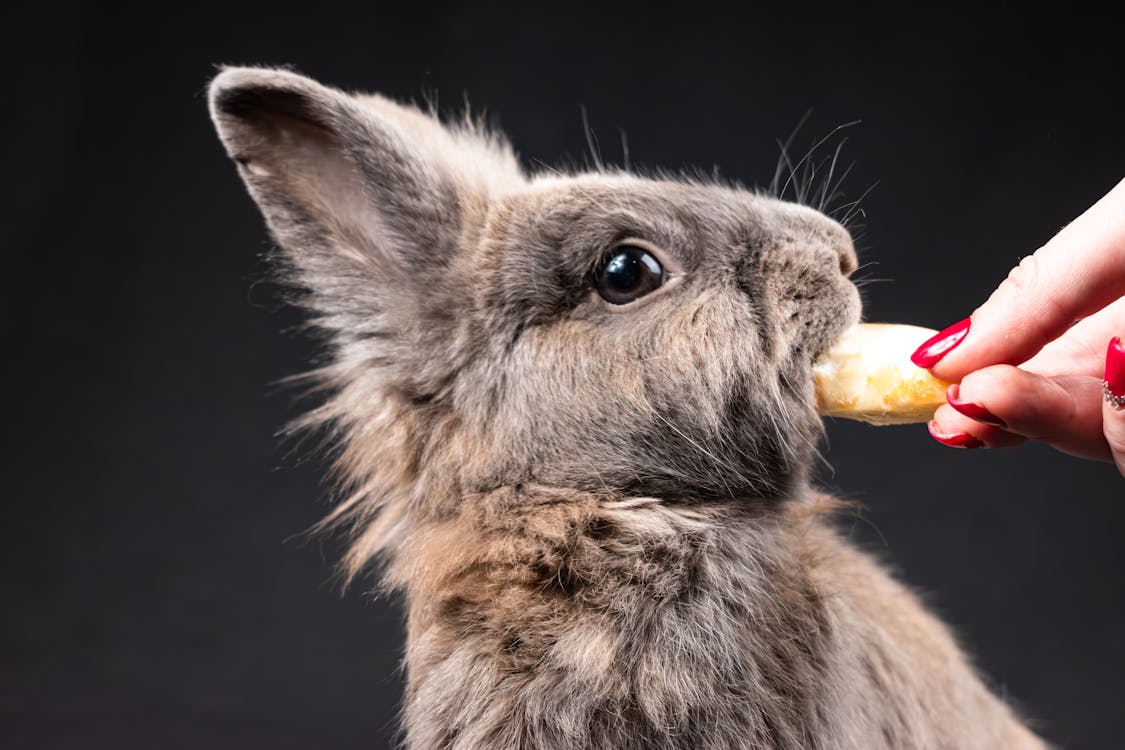Rabbits are adorable, intelligent pets that require special attention to their dental health. Unlike humans, their teeth continuously grow throughout their lives, making proper care essential to prevent overgrowth and related health issues. At Ingleside Animal Hospital, we want to ensure your furry friend stays happy and healthy. Here’s everything you need to know about caring for your rabbit’s teeth.

Understanding Rabbit Teeth
Rabbits have a total of 28 teeth, including their well-known front incisors and smaller cheek teeth. These teeth grow continuously, meaning they require constant wear to maintain a healthy length. If their teeth become too long, rabbits can experience discomfort, difficulty eating, and even severe health complications.
Signs of Dental Problems in Rabbits
Dental issues in rabbits can be subtle, so it’s important to watch for these common signs:
-
Decreased appetite or difficulty eating
-
Drooling or wet fur around the mouth
-
Weight loss
-
Swelling around the jaw
-
Overgrown or misaligned teeth
-
Excessive tear production (related to tooth root issues)
If you notice any of these symptoms, schedule an appointment with your veterinarian immediately.
How to Maintain Your Rabbit’s Dental Health
Proper dental care starts with a balanced diet and routine check-ups. Here’s what you can do:
1. Provide a High-Fiber Diet
The best way to naturally wear down rabbit teeth is by providing a fiber-rich diet, including:
-
Unlimited hay (such as timothy, orchard, or meadow hay)
-
Fresh leafy greens like parsley, romaine lettuce, and cilantro
-
Limited pellets (avoid pellet-only diets, as they don’t promote proper tooth wear)
2. Offer Safe Chew Toys
Rabbits love to chew! Provide them with safe items like:
-
Wooden chew toys (untreated)
-
Willow branches
-
Cardboard or hay-based toys
These encourage natural chewing behavior, helping prevent overgrown teeth.
3. Regular Veterinary Check-Ups
Routine dental exams at Ingleside Animal Hospital can detect early signs of dental disease. Your vet will check for overgrown or misaligned teeth and recommend appropriate treatments if needed.
4. Monitor for Changes in Eating Habits
A rabbit that suddenly stops eating or prefers softer foods may have a dental issue. Early detection is key to preventing serious complications.
5. Avoid Sugary or Starchy Foods
Sugary treats, including fruits and processed foods, can contribute to dental issues and digestive upset. Stick to a natural, high-fiber diet.
When to Seek Veterinary Care
If your rabbit shows any signs of discomfort, drooling, or changes in eating habits, contact our team at Ingleside Animal Hospital. Some dental issues may require trimming or corrective procedures to restore comfort and prevent further health risks.
Rabbit dental care is a vital part of their overall health. By providing a proper diet, safe chewing options, and regular veterinary check-ups, you can help your bunny maintain strong, healthy teeth for years to come.
If you have any concerns about your rabbit’s dental health, schedule an appointment with us at Ingleside Animal Hospital today! Our expert team is here to keep your furry friend happy and healthy.
